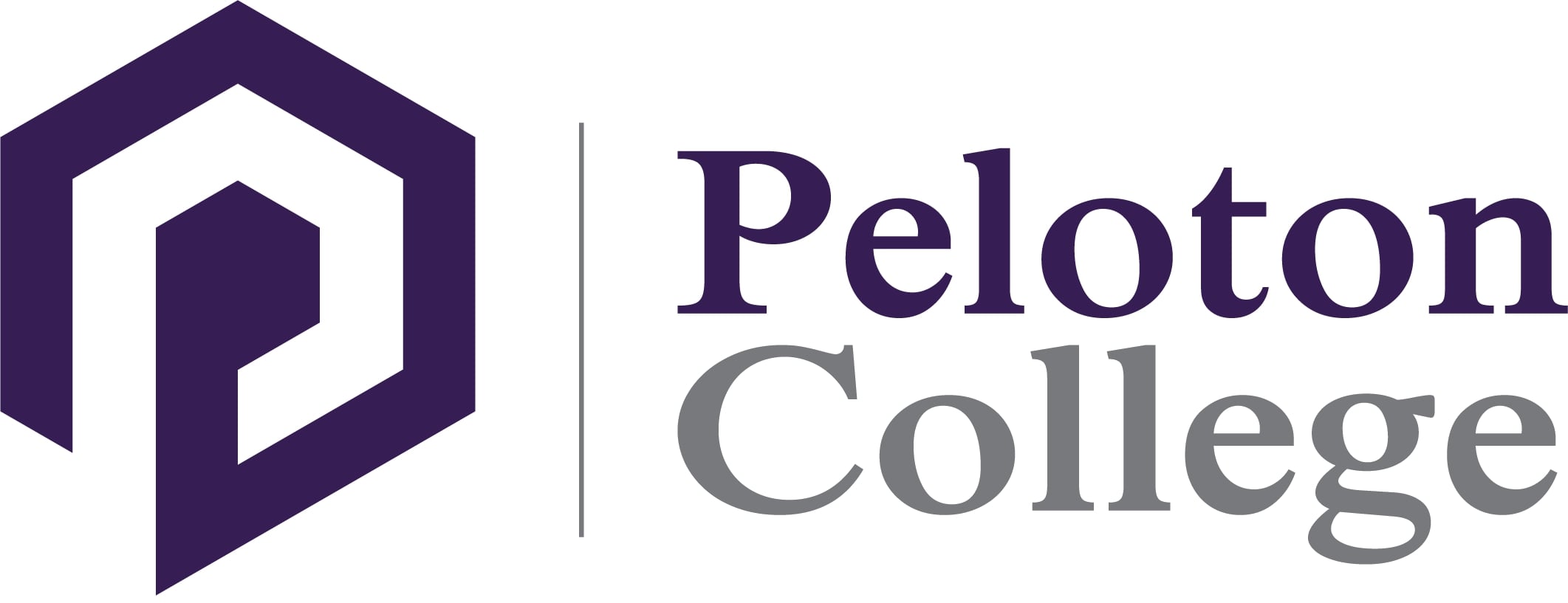Medical Assistant vs Medical Billing and Coding Specialist

If you want a meaningful career with growth potential, there’s no better field than healthcare. Whether your aptitudes lean toward science and medicine or business and accounting, your talent is in demand. Entry-level positions as a medical assistant or a medical billing and coding specialist are ready to be filled. Which is the best fit for you? Let’s find out.
Why Do People Choose the Healthcare Field?
The medical field offers perks that other industries don’t, such as:
Job Security
The employment market is evolving. Many traditional careers have been replaced by technology, leaving workers in the lurch. But the US Bureau of Labor Statistics projects vibrant growth in the healthcare field through 2032 and beyond.
Advancement Opportunities
Dead-end careers are like quicksand, but you’re never stuck in the medical field. There are ample opportunities for professional growth and lateral career moves.
Flexibility
Some careers lock you into specific tasks and environments. However, healthcare is diverse with your choices of work settings including private practices, hospitals, clinics, insurance companies, and public health departments.
If working in the same place until you retire isn’t for you, the healthcare field offers the flexibility you’re looking for.
A Sense Of Purpose
Most people who work in healthcare are motivated by compassion, the desire to relieve the suffering of others. If your current job doesn’t fulfill you, you’ll find a purpose in medicine.
What Does a Medical Assistant Do?
Medical assistants have both clinical and administrative responsibilities. In a blended role, their duties include:
Scheduling
Medical assistants collaborate with providers and front office staff to manage the schedule, triaging patients with urgent needs. The goal is to provide quality care while managing workflow, so patients get the attention they deserve without burning out providers.
Rooming Patients
Medical assistants escort patients to exam rooms where they update their health records, obtain their vital signs and complete verbal screenings for pain and mental health symptoms. You’ll establish a working rapport while saving the doctor time.
Diagnostic Testing
Private practices now offer many of the same services as hospitals. Medical assistants are trained to perform EKGs, pregnancy screens, tuberculosis tests, and pacemaker evaluations.
Wound Care
Licensed nurses manage most wound care. However, medical assistants can clean wounds, remove stitches, and apply simple dressings under supervision.
Administering Medications
Medical assistants administer low-risk medications under a doctor’s or nurse’s watchful eye. Examples include routine immunizations, vitamin shots, and birth control injections.
Sterilizing Instruments
Infection control is critical in healthcare settings where antibiotic germs can proliferate. Medical assistants limit the spread of disease by sanitizing exam rooms, disinfecting equipment, and sterilizing instruments.
Assisting with Surgical Procedures
Medical assistants play a key role in minor surgical procedures by setting up the equipment, passing instruments and sterilizing tools. They’re a welcomed hand for patients to hold and an advocate for their comfort and safety.
Phlebotomy
Medical assistants draw, process, and ship blood samples for laboratory analysis. Vocational school programs teach students the necessary skills.
Communicating with Patients
Medical assistants manage communication between patients and their healthcare team. As a liaison, they make phone calls and write correspondence on the doctor’s behalf.
They also manage referrals. Primary healthcare providers send one in three patients to specialists. Medical assistants gather the necessary health data and work with the receiving practice to ensure a smooth experience for patients.
Billing and Coding
Billing and coding specialists handle most money matters in medical facilities. However, medical assistants have similar training that helps them bridge clinical and administrative tasks. Billing in medical facilities is a team effort.
What Does a Medical Billing and Coding Specialist Do?
Medical billing and coding specialists have no clinical responsibilities. They focus on insurance forms, reimbursements, and invoicing. Their work includes:
Submitting Insurance Claims
Most of Americans’ healthcare bills are paid for by insurers. Medical billing specialists fill out claim forms based on research, assigning universal, alphanumeric medical codes to symptoms, diagnoses, procedures, services, and supplies.
Tracking Payments
Medical billing specialists post incoming payments to patients’ accounts, applying negotiated discounts and insurance reimbursements before invoicing clients for the balance.
Troubleshooting Denials
Insurance claims can be initially rejected because of errors or lack of data proving medical necessity. Medical billing and coding specialists work directly with doctors, patients and insurers to appeal denied claims.
Obtaining Pre-authorizations
Insurance coverage varies from policy to policy. No two are alike. A treatment, for example, may be covered for one diagnosis but not another. Requesting preauthorization for costly services before providing them protects both patients and practices.
Light Accounting
Medical billing specialists perform bookkeeping tasks from reconciling cash drawers to verifying credit card receipts. If money changes hands, the billing department is typically involved. Additional duties may include making cash deposits and compiling financial reports.
What are the Differences and Similarities between Medical Assistants and Medical Billing Specialists?
Medical assisting and medical billing careers are similar yet different. Responsibilities may overlap, but which you’ll enjoy depends on whether you prefer a largely clinical or administrative role. Let’s compare them side-by-side.
Responsibilities
Medical assistants manage both clinical and clerical tasks, but their focus is generally more medical than administrative.
Medical billing and coding specialists have no clinical responsibilities. Patient care is limited to financial issues.
Training
Medical assistants learn clinical and clerical procedures, but training in billing, coding and insurance applications is less in-depth.
A medical billing and coding specialist’s training is primarily administrative with just enough clinical training to make coding insurance forms easier.
Work Settings
Medical assistants work in private practices most often. Opportunities in other settings have expanded. Today, medical assistants are employed by hospitals, clinics, long-term care facilities, and public health offices.
Medical billing and coding specialists work in similar settings, but they’re also hired by insurers, pharmacies, medical supply companies and third-party billing agencies to manage insurance claims. Working in non-medical settings is more common for medical billing specialists than medical assistants.
Work-Life Balance
Unlike nurses, medical assistants don’t provide 24-7 personal care. The schedule in a doctor’s office is typically Monday through Friday with nights, weekends, and major holidays off. Overtime is rare and limited to emergencies. You may find evening and weekend opportunities, however, in hospitals and urgent care clinics.
Similarly, medical billing and coding specialist clock out on time every day. Both roles offer a positive work-life balance.
Colleagues
Medical assistants work directly with patients. They have fewer hands-on responsibilities than a nurse, but the role is patient focused.
Medical billing and coding specialists have less interaction with patients than peers. You’ll do most of your work on a computer while engaging with insurers, providers, and administrators.
There are exceptions. Medical billing specialists often work as patient representatives in hospitals. Still, relationships with clients are less intimate because they’re not health related. If you like science but prefer a hands-off role, you’ll enjoy being a medical billing specialist.
Advancement Potential
Medical assistants have a broad knowledge base, so they have advancement opportunities in both the clinical and administrative realms. With experience and continuing education, some become clinical team leaders or office managers. There are over a dozen specialty certifications for medical assistants. Others build on their diplomas, moving into nursing or the laboratory science field.
Medical billing and coding specialists can climb the career ladder in administration. A diploma gets you an entry-level job. Working toward a degree while you learn the ropes may earn you a spot in management.
How Do You Become a Medical Assistant or a Medical Billing and Coding Specialist?
A succinct way to become a medical assistant or a medical billing and coding specialist is by graduating from a vocational school diploma program. A great value for adults seeking new careers, enrolling in a vocational program is an easier way to train for a new industry without spending 4 years in college.
Programs are short and focused but comprehensive. Graduates are well-prepared for industry certifications and entry-level positions on which they can build their dream careers.
Final Thoughts
There’s no right or wrong way to join the medical field. Talent is in demand whether it’s clinical or clerical. So, whether you’re a people person with a passion for wellness or a business-savvy numbers person committed to finance, there’s a career for you as a medical assistant or a medical billing and coding specialist.
Want to Learn More?
The objective of this Medical Assistant training program at Peloton College is to prepare the student for employment as an entry-level Medical Assistant performing administrative, clerical, and clinical duties within the health care field.
The Medical Billing and Coding training program at Peloton College provides students vital knowledge in Medical Terminology and Understanding Health Insurance Claims and prepares students to be able to work with and maintain electronic health record systems in the health care industry. Graduates of this Medical Billing and Coding training program will also be eligible to sit for the Certified Electronic Health Records Specialist (CEHRS) Certification or the Certified Billing and Coding Specialist (CBCS) Certification.
The mission of Peloton College is to be the premier provider of hands-on training and education by providing students and graduates with the necessary skills to secure occupational careers. Contact us today to learn more.



